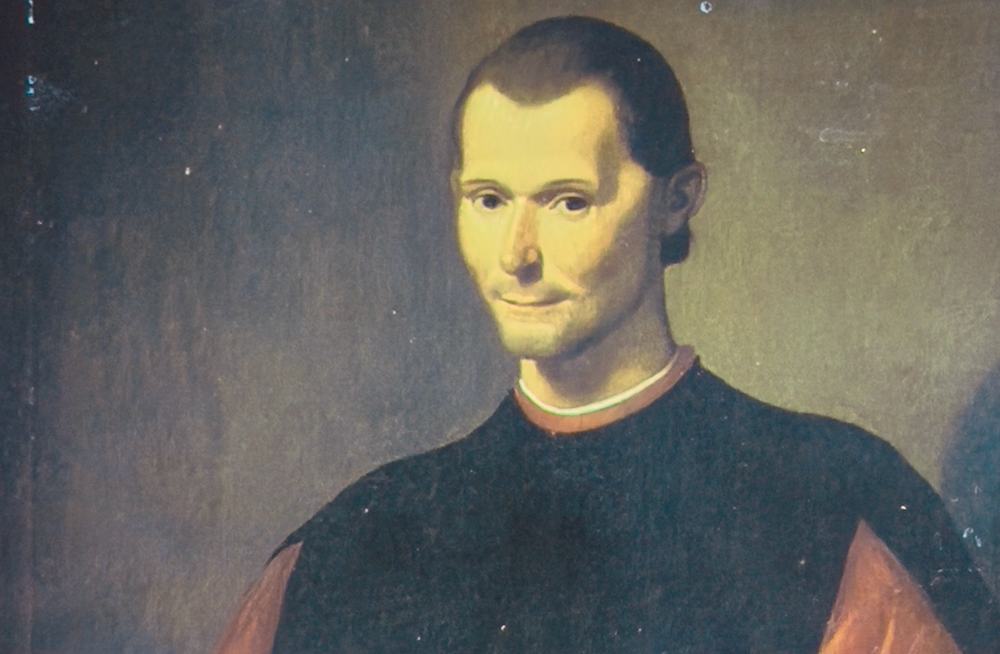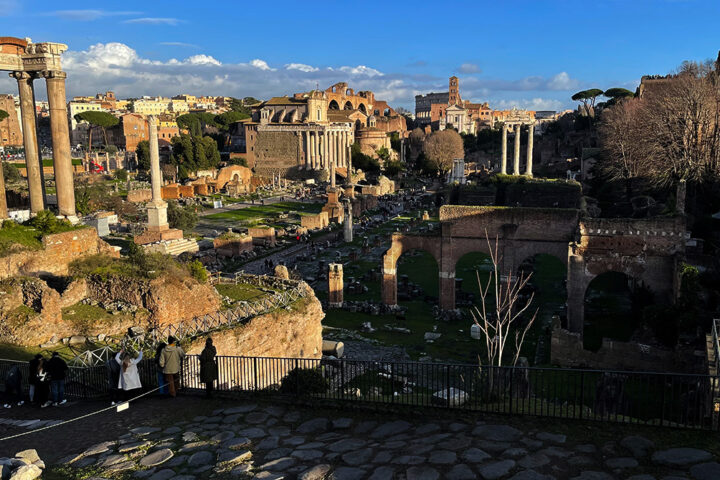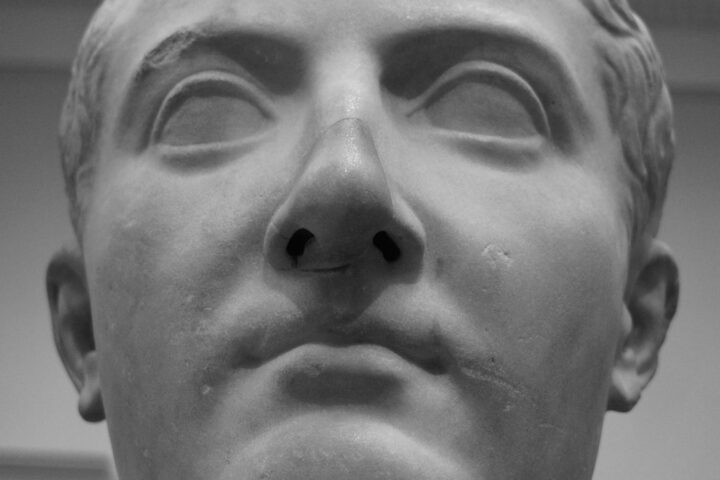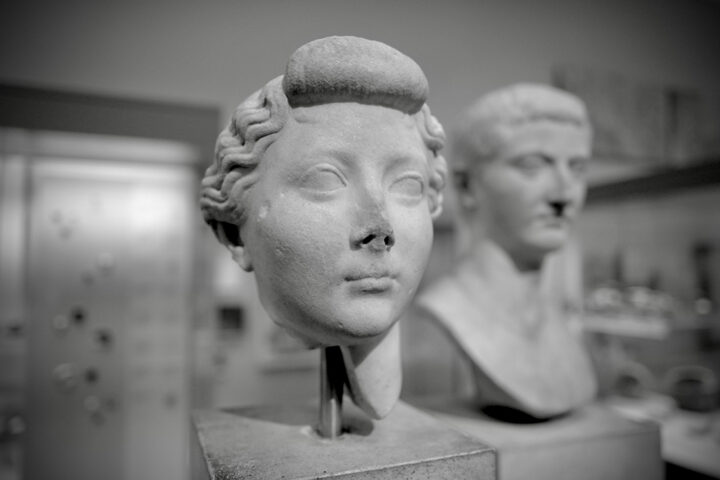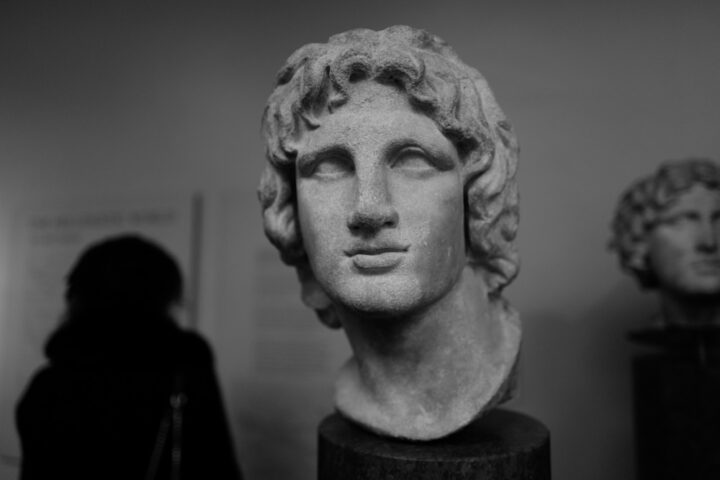In the bustling corridors of power, from legislative chambers to executive suites, the shadow of a 16th-century political strategist frequently looms large. Niccolò Machiavelli’s “The Prince,” first published in 1532, continues to resonate with modern politicians, providing a pragmatic guide that some argue is as relevant today as ever.
Machiavelli’s treatise offers an unvarnished look at power dynamics, advocating for a realistic and often ruthless approach to governance. Central to his philosophy is the notion that the ends justify the means, a principle that has found a comfortable home in the realpolitik of contemporary politics. This pragmatic approach prioritising results over ideology has surfaced in political strategies across the spectrum, influencing leaders worldwide.
Current political landscapes reveal a tapestry interwoven with Machiavellian threads. Leaders often prioritize national interest and stability over moral imperatives, a concept Machiavelli explored in depth. For instance, foreign policy decisions regularly reflect Machiavellian tactics, where power balance, strategic alliances, and the occasional underhanded maneuver are essential tools. The pragmatic pursuit of national interest, even at the expense of ethical considerations, can be seen as a direct reflection of the strategic calculus endorsed by “The Prince.”
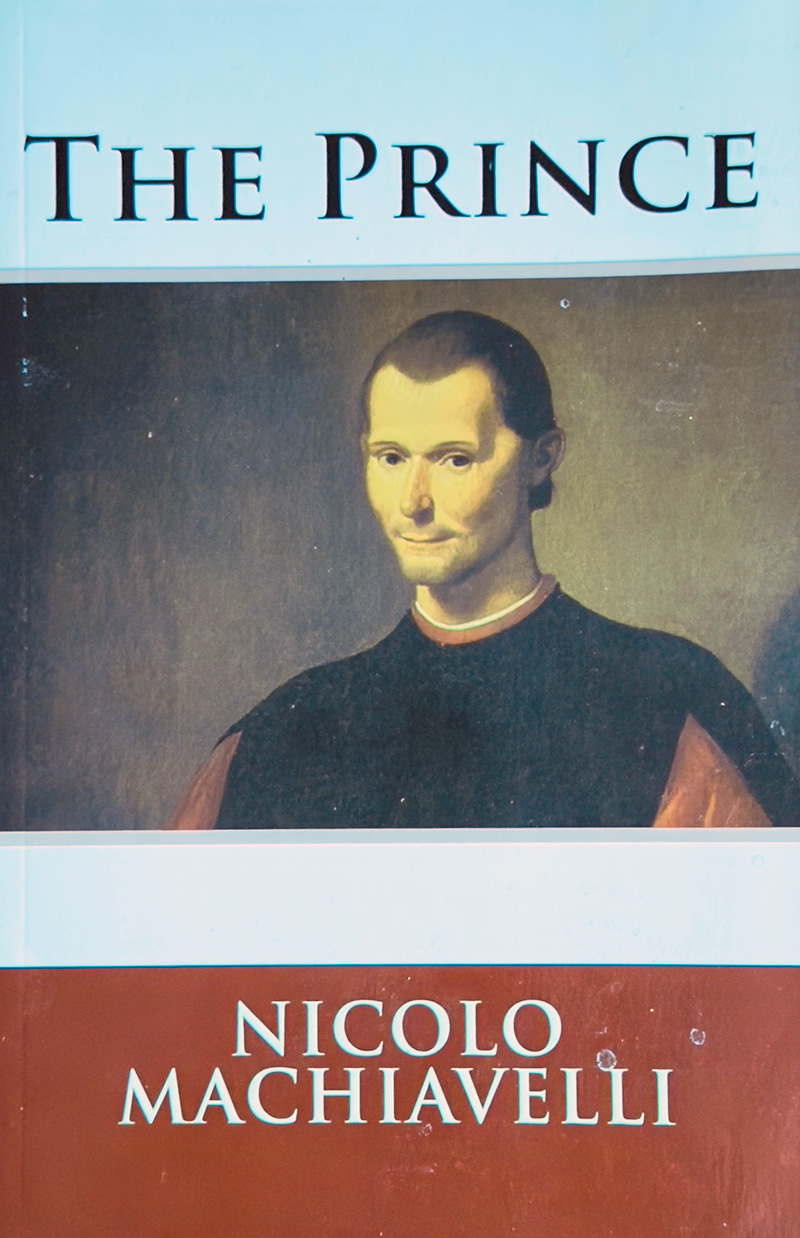
Moreover, Machiavelli’s insights into the importance of image and perception ring particularly true in the age of digital media. Politicians today are acutely aware of the power of public perception, often meticulously crafting their image to maintain control and authority. This mirrors Machiavelli’s advice to rulers to appear virtuous and wise, even if they must employ cunning and deception behind the scenes.
The influence of “The Prince” also extends to the realm of political campaigning. Modern electoral strategies often involve a calculated blend of charisma, populism, and strategic alliances. The focus on winning power sometimes by any means necessary echoes Machiavellian principles. Political operatives, tasked with securing victories for their candidates, frequently draw from Machiavelli’s playbook, leveraging everything from media manipulation to exploiting opponents’ weaknesses.
Critics, however, argue that Machiavellian tactics promote a cynical view of politics, where ethical considerations are overshadowed by the relentless pursuit of power. The resulting erosion of public trust and the potential for authoritarianism are significant concerns. Nonetheless, the persistence of Machiavellian strategies in the political arena suggests that the lessons of “The Prince” continue to be viewed as indispensable by many.
Niccolò Machiavelli’s “The Prince” remains a cornerstone of political strategy in the modern era. Its principles of pragmatic governance, the prioritization of results, and the importance of perception management are reflected in contemporary political practices. While the book’s influence sparks debate about the moral implications of such strategies, its undeniable impact on how power is sought, maintained, and wielded underscores its enduring relevance. In the global political arena, Machiavelli’s ghost still haunts, guiding the hands of those who navigate the intricate dance of power.


